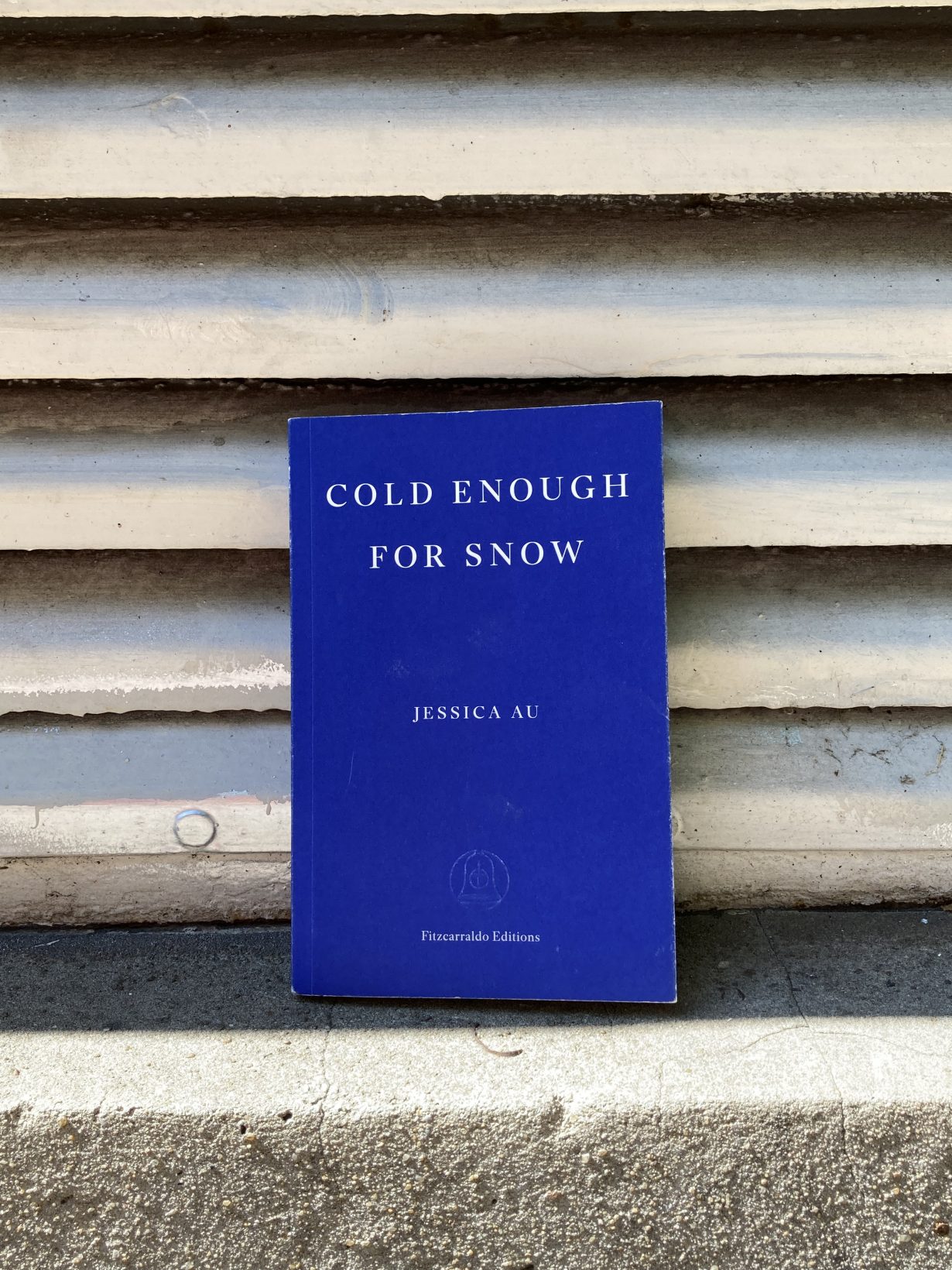
Au’s novella tackles a mother-daughter relationship with a distinct, cultivated mildness and emotional restraint
An unnamed narrator takes her mother on a trip to Japan; they visit galleries, have the odd meal. The tale is punctuated by the narrator’s occasional ruminations on art, the general scenery and her mother, in language that is plain and almost wholly stripped of metaphors. Yet reading Melbourne-based writer Jessica Au’s second novel is far from boring; rather, it’s something akin to a meditative experience. In fact, it is so relaxing that you begin to wonder if the author is attempting to figure out the minimum level of excitement required of a novel to keep readers engaged.
This cultivated mildness – in tone, in story and in character – is the most distinctive feature of this novella. Its scrupulous avoidance of anything contrived and symbolic opens the door to another kind of pleasure: an exploratory and motiveless way of looking at the world. Of course, such unwilled flow could be the result of great effort and design – but the book’s overall effect is similar to that of a sculpture the narrator encounters. ‘[The work] appeared not to be made by hand at all. Rather, it was more like a rock… shaped just so by the wind or by rain or by time, such that its shallow angles and shadows represented a face in some inexplicable way, and so was all the more surprising and beautiful, because it was both an accident, and a symbol.’ Similarly, one could read this novel as the literary equivalent of a scholar’s rock: ‘naturally’ beautiful and unintentional.
Precision and detail are other defining traits of the book, filled as it were with meticulous observations. Of a solo hike, the narrator notes: ‘There were dense ferns, thin black trunks, and in the distance a mist so deep it seemed to be almost mauve against the green.’ But the same style also extends to the narrator’s reportage of her own emotional weather, which is viewed from an anesthetised distance. The narrator recalls an episode during her waitressing days, when a customer tried to engage her in conversation during the restaurant’s rush hour, when she could not afford to chitchat. ‘I could not understand how the man was unable to tell the difference between my actions and my feelings, which were so strong and pure by then that I could feel them radiating from me like some kind of heat,’ she says. ‘When he finally stopped talking, I went back to the kitchen and put the empty bottle in the recycling.’
This is one of the novel’s tensest episodes, which again speaks to Au’s monastic style. That said, the book’s emotional restraint is good for one thing. It tackles, with fresh decorum, a typically quarrelsome theme in post-Joy Luck Club diasporic fiction: the relationship between the immigrant Asian mother and the daughter who grew up in the West. Instead of the usual reckonings, there are silences. The mother’s biographical background is skeletal – she speaks Cantonese and at some point left Hong Kong for an unspecified Western country. There is no mention of the narrator’s father. What we get instead is close observation of actions and appearances (‘I noticed that [my mother] continued to dress with care: a brown shirt with pearl buttons, tailored pants, and small items of jade’), without any deep psychological illumination. Perhaps the author finds such backstories too intrusive or contrived, yet her observational method does capture an aspect of the migrant Asian mother-daughter relationship authentically: a stubborn reticence about one’s familial past, matched by reservoirs of profound, mostly inarticulable feeling.
In the book, this reservoir of feeling is accessed by a sudden, accidental plunge. During a hike, the narrator spots a dog, its ‘colouring somewhere between a fox and a coyote’. Then comes a revelation: ‘I thought of my mother, and how some day, in the future, I would go with my sister to her flat… with the single task of sorting through a lifetime of possessions, packing everything away’. It’s the most moving passage in the book, in which the narrator imagines going through her mother’s belongings, room by room, item by item. After such a devastating vision, the novel slips back into its usual mode of stoic, balm-like blandness. The narrator returns to her hike, stops to make tea and treks on again.
Cold Enough for Snow by Jessica Au. Fitzcarraldo Editions, £9.99 (softcover)